No-one can fail to be impressed by the remarkable work of Thandiwe Muriu. Her images simply jump off the page. We’re delighted to welcome her to Decadent.
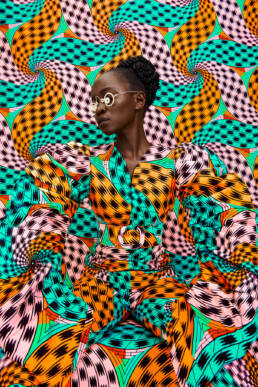
Decadent: Hi Thandiwe, and welcome to Decadent. We love the graphic intensity and vibrant beauty inherent in your work. What do you think has led you to such a uniquely graphic style?
Thandiwe: My photographic journey led me to advertising but I was looking for a more creative expression. “Camo” (featured here) is the result of that search. It is an expression of my culture both through fabric and African beauty.
Decadent: You live and work in Kenya. Can you describe the different ways this has informed your work?
Thandiwe: Camo began simply as an appreciation of our African fabrics. However, I quickly realized there is so much more depth and breadth to our culture beyond that. If I speak of African beauty, I need to focus on more than what we wear and explore who we are and how that makes us uniquely beautiful. The objects I use in my work are items I interact with everyday as a Kenyan. They were used all through my childhood and my mother (and probably even my grandmother) interacted with them often throughout their lives. Objects are an integral part of our daily lives and are often a big component of beauty culture. I’ve used bottle tops, plastic combs, sieves, straws and even bottle cleaning brushes.
Decadent: How has your work evolved over the years?
Thandiwe: Initially when I began shooting Camo it was about showing the beauty of African textiles and the beauty of African women, but over time now it’s begun to evolve more towards exploring the beauty of African culture and is still very much focused on beauty but seeing beauty in other ways- seeing beauty in everyday objects. It’s also about celebrating the beauty of my culture and things I enjoy about my culture, for example, The bottle cap hair in Camo 11 is directly inspired by how sodas (soft drinks) tie into my own culture. In the Kikuyu tribe, when a girl is getting married, sodas are used as part of the dowry negotiation process. If the bride-to-be consents to the marriages, she pours a soda for the in-laws when her fiancé comes formally to ask for her hand. This is a powerful way for a woman to have a voice without saying a word.
More recently I’ve also begun to celebrate the beauty of our oral culture. Kenya typically was not a written culture- knowledge and wisdom was passed on through stories and songs and proverbs. And so if I’m truly exploring the beauty of my African culture, adding a proverb to each image is a way of celebrating that rich cultural heritage that I hadn’t thought to celebrate before.
Decadent: What excites you as an artist?
Thandiwe: I’m actually really excited by looking at the work of other creatives. It’s amazing to see how we could all be working in the same medium and subject matter and yet come up with something completely different according to the artist, and that’s something so inspiring for me. But then I also love a good challenge, so I am excited by trying to do something I’ve never done before or gives me a run for my money – I really like a good artistic challenge!
Decadent: And what enrages you?!
Thandiwe: Enrage is a really strong word so I think it would be easier to answer what upsets me as an artist. This would be the people who don’t allow that art makes a big contribution towards culture. I think it is so important to recognize that art has such a deep place in culture – informing it, shaping it, questioning it and pushing the boundaries of culture.
Decadent: Finally, Decadent means many things to many people. To the Decadent artists of the 19th century it meant sensual expression, hedonism and creativity. What does decadent mean to you?
Thandiwe: I think of yummy bites of dark chocolate! On a more serious note, to me it means going deep, something rich, something that is a delightful experience to consume.
Decadent: Thank you so much for your time, and sharing your amazing work.
Instagram here
Website here
All images © Thandiwe Muriu
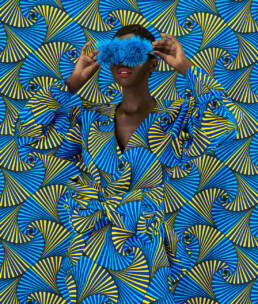
Camo 16
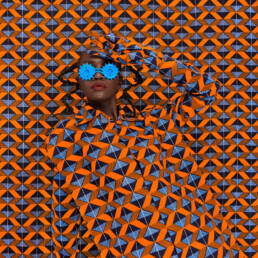
Camo 33
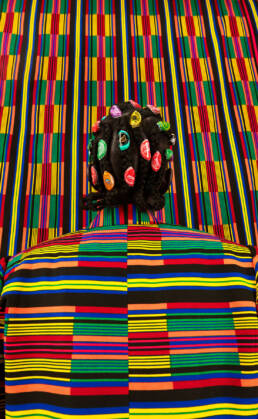
Camo 11
Camo 28
Camo 23


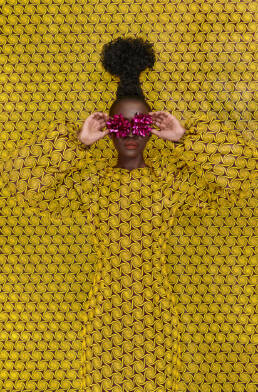
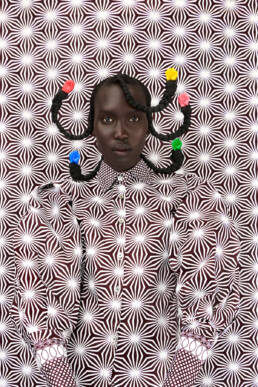
I love this!!!!!